
From AI tools to combat censorship and disinformation to international collaborations exposing cross-border crime, these 10 projects advanced journalism and made an impact on their communities.
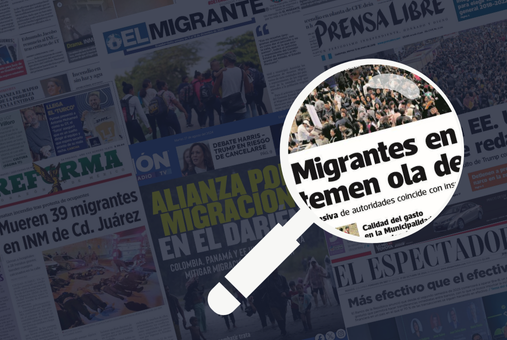
Collaboration, feminist perspectives, and newsroom diversity lead to better migration coverage, according to panelists at this year’s Migration Journalism Congress in Mérida, Spain.
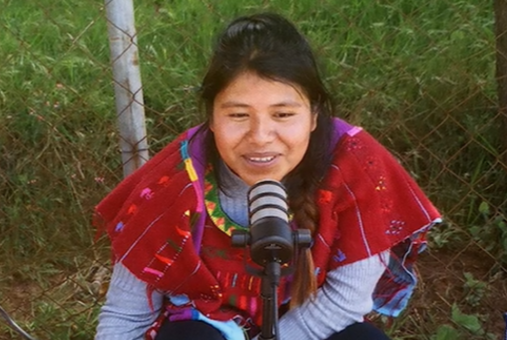
Nayelli López Reyes, a weaver and an activist, created a vivid podcast of courageous women speaking out against violence in their community.

Driven by a news vacuum in the Argentine provinces, Ruido was born three years ago. It’s a collaborative media outlet made up of journalists throughout the country that investigates corruption via requests for access to public data. Despite limited local transparency, its network of collaborators has managed to create stories with national impact on issues of public interest.

Thanks to the success of a crowdfunding campaign, the Mexican independent journalism production company Dromómanos not only avoided bankruptcy, but is strengthening its educational division as a source of income, as well as preparing a continental investigation into bank fraud.

Investigatour Amazonía, an initiative created by Convoca in Peru and replicated by Fundamedios in Ecuador, aims to encourage the training of journalists from Amazon regions. The focus is on data journalism, digital narratives and security so that journalists can develop in-depth stories on environmental conflicts and organized crime suffered by their communities.
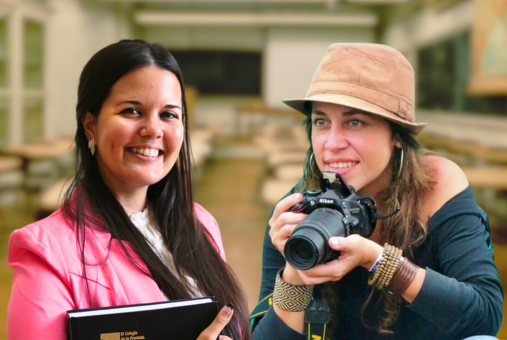
Colombian journalist Andrea Aldana and Cuban journalist Loraine Morales, who live in exile due to hostility towards journalism in their countries, will strengthen their teaching skills while sharing their experience with journalism students, as part of a program promoted by Reporters Without Borders and Spain's Miguel Hernández University.
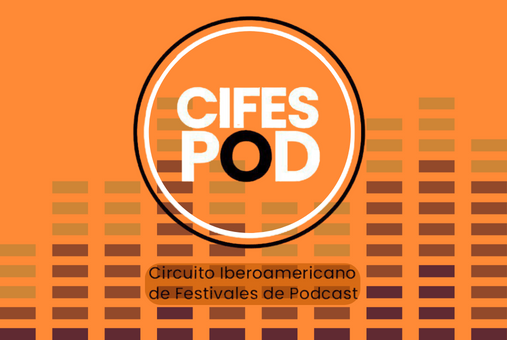
Seven podcast festivals comprise the Ibero-American Circuit of Podcast Festivals (CIFESPOD, by its Spanish acronym). The circuit’s goals include gaining recognition of podcasting as a cultural industry, joining forces for fundraising, creating a Latin American award for best podcast, and strengthening the production of narrative journalism pieces in audio.
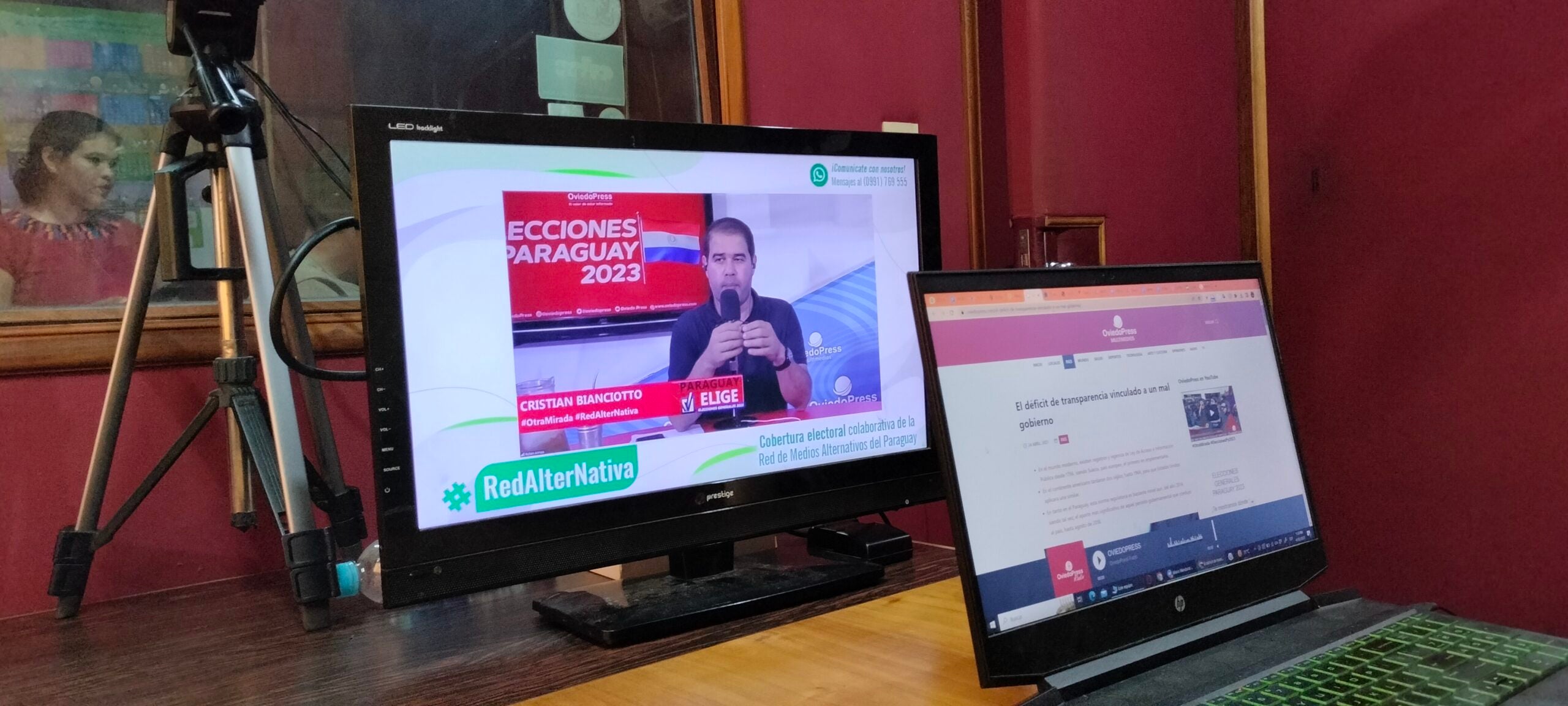
The recently formed Paraguayan Alternative Media Network was put to the test during the general election this past April 30. The network seeks to give visibility to issues underreported by traditional media through collaborative journalism and fact-checking.
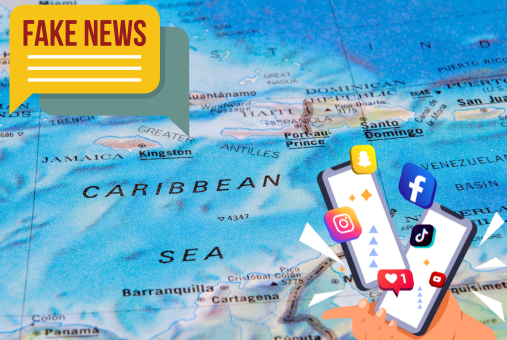
Promoting media literacy in schools, stimulating collaboration among the region's media and journalists, and improving the training and working conditions of communication professionals are necessary measures to lessen the impact of misinformation in the Caribbean, according to a study.

Journalists from other continents seeking to cover Latin America should identify patterns in common among the different countries, find points of connection with the realities of other regions and collaborate with local journalists, said María Teresa Ronderos, Alejandra Sánchez Inzunza and Silvia Viñas, guests at the International Journalism Festival in Perugia, Italy.

The "No fue el fuego" [It wasn’t the fire] special, winner of the Gabo 2022 Award for Coverage, achieves a harmonious convergence of different formats in a transmedia investigation of a fire in which 41 girls lost their lives in Guatemala.